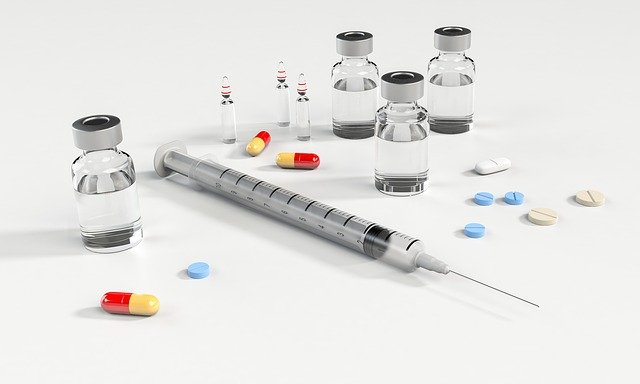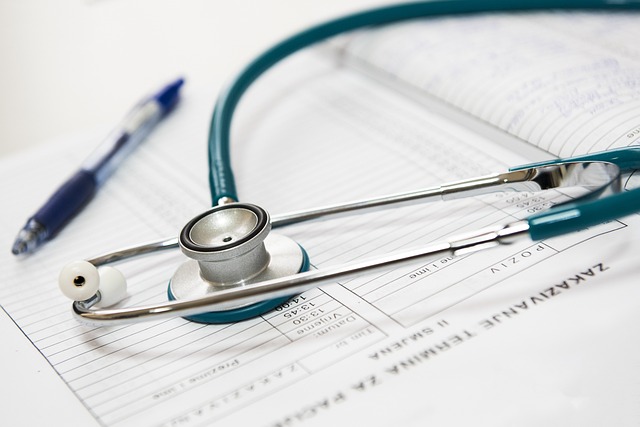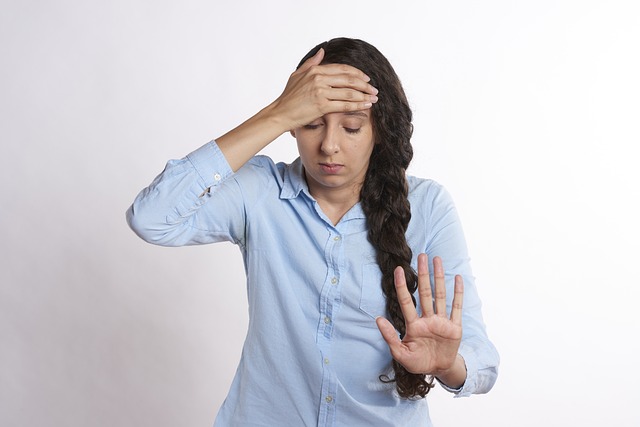Are Diabetes and Blood Pressure Related? Here's What the Latest Science Has to Say
Diabetes and high blood pressure are two of the most common chronic health conditions in India, among the top ten risk factors for death.
Are they related to each other? If you have one, does it mean you may develop the other one? This article explores the latest scientific research on this critical question.
- Diabetes and high blood pressure are closely related, because they have the same root causes in your diet and lifestyle
- High blood pressure has been strongly associated withtype 2 diabetes, both being among the top 10 risk factors for death in India
- People with diabetes are more likely to have high blood pressure than those without diabetes.
- Having both conditions increases the risk of serious health complications such as heart attack, stroke, and kidney disease.
- To reduce the risk of developing either condition, it is important to maintain a healthy lifestyle including regular exercise, mental relaxation and a balanced diet centered around whole plant foods.
What is Diabetes?
Diabetes is a chronic health condition in which the body may not produce enough insulin, or may not respond to it effectively, or both.
Glucose piles up in your blood instead of entering the cells where it is supposed to go.
Diabetes can cause serious health complications if left untreated.
Symptoms of diabetes include
- Increased Thirst (polydypsia)
- Increased Hunger (polyphagia)
- Frequent urination (polyuria)
- Fatigue
- Blurred vision
- Slow wound healing
- Numbness of fingers and toes
People with diabetes should monitor their blood sugar levels regularly - daily, weekly or monthly based on your doctor's recommendations - to ensure they are within a healthy range.
How is High Blood Pressure Diagnosed?
High blood pressure is also known as hypertension.
High BP is a condition where the force of your blood against your artery walls is too high, because your arteries have become too stiff and lost their elastic nature.
This can cause damage to your heart and other organs over time.
Until 2017, high blood pressure was diagnosed when blood pressure readings were above 140/90 mmHg.
In case you are new to blood pressure readings, the top number is called Systolic Pressure and is the pressure during a heart beat. The number below is called the diastolic pressure, this refers to the pressure when the heart is relaxing between two heart beats.
But in 2017, the American Heart Association called for high blood pressure to be treated earlier to prevent complications like stroke and chronic kidney disease.
They reduced the cut-off for high BP to 130/80 mmHg, making 14% more adults officially hypertensive.
High blood pressure is diagnosed through a physical examination and medical history.
During the physical exam, your doctor will measure your blood pressure using a sphygmomanometer, and may prescribe blood tests like a lipid profile, liver function tests, or recommend an ECG based on their findings.
What is the relationship between Diabetes and High Blood Pressure?
Diabetes and high blood pressure are closely related. Both conditions can lead to the same serious health complications.
People with diabetes are at an increased risk of developing high blood pressure, and those with hypertension are more likely to develop diabetes.
This is because the root causes are similar for both disease - an unhealthy lifestyle.
To reduce the risk of developing either condition, it is important to maintain a healthy weight through physical activity and a healthy diet.
If you already at your healthy weight, that's great! Unfortunately it may not be enough - many people with normal weight still develop diabetes or high blood pressure because other aspects of their lifestyle may still be unhealthy.
For example, smoking, excessive alcohol consumption, and a sedentary lifestyle can all increase your risk of developing either condition.
Eating a slice of regular chocolate cake made with butter and sugar can spike up blood glucose levels and also cripple your arteries, spiking up your blood pressure levels.
It is important to be aware of these risk factors and take steps to prevent and treat them.
What Causes Diabetes and Blood Pressure to be High?
The relationship between diabetes and high blood pressure is complex, but many of the risk factors leading to both are common to each other.
Excess weight, a poor diet, sedentary lifestyle, stress, lack of sleep and substance abuse can all contribute to the onset of both conditions.
Eating a diet high in animal foods and processed foods, as well as consuming too much salt can increase your risk for both diabetes and high blood pressure.
More importantly, NOT eating enough fruits, vegetables, pulses, legumes, whole grains, nuts and seeds can significantly increase your risk of diabetes as well as hypertension.
Making healthy choices everyday such as eating a balanced diet rich in whole plant foods like fruits and vegetables, exercising regularly, getting enough sleep and managing stress levels better can help reduce your risk of developing either condition or help manage them better and potentially reverse them if you already have them.
If ignored or not treated well, both of these conditions can lead to serious health complications such as stroke, heart attack or kidney failure/chronic kidney disease.
Symptoms of Diabetes and High Blood Pressure - How Do You Know if You Have Them?
Diabetes and high blood pressure are two conditions that can have serious consequences if left untreated, so it is important to watch out for their symptoms and consult your physician in case you feel you may have either one.
Common Symptoms of Diabetes
Here are the common symptoms of diabetes:
- Increased thirst (polydypsia)
- Frequent urination (polyuria) or urination at night
- Increased hunger (polyphphagia)
- Blurred vision
- Unexplained weight loss
- Fatigue
- Slow healing sores, cuts or wounds
- Tingling or numbness in the hands and feet.
Symptoms of High Blood Pressure to Watch Out For
Here are the symptoms of High Blood Pressure to watch out for:
- Headache (although research now sh
- ows headaches are rare in high blood pressure, except during a hypertensive crisis)
- Dizziness or lightheadedness
- Nausea or vomiting
- Chest pain, palpitations
- Shortness of breath on minimal or no exertion
- Vision changes
Warning Signs to Prevent Stroke, Heart Attack and Kidney Failure or Chronic Kidney Disease
If you experience any of the following warning signs, consult your doctor or call an ambulance because it may be a health crisis.
- Unexplained weight loss
- Sudden immense fatigue
- Sudden severely blurred vision
- Intense headache along with nausea, dizziness or lightheadedness
- Chest pain, palpitations or shortness of breath on minimal or no exertion, especially associated with sweating
- Swelling on feet or face that lasts more than a few days
Diabetes and High Blood Pressure Have Many Complications You Ought to Prevent
Patients with hypertension and diabetes lead a difficult life to begin with, but complications in type 2 diabetes and hypertension can make it even more tough.
These medical conditions can be a gateway to even worse complications. For example, a progression of retinopathy may result in blindness. One of the pregnancy complications of gestational diabetes may even lead to fetal death.
Complication of type 2 diabetes, hypertension and metabolic syndrome may include:
- Atherosclerosis
- Stroke
- Kidney failure, chronic kidney disease or diabetic nephropathy
- Blindness or Diabetic Retinopathy
- Microvascular complications of diabetes like Nerve damage or Diabetic Neuropathy
- Amputation of limbs or diabetic foot
- High cholesterol levels
How Can Lifestyle Medicine Help You Prevent, Treat and Even Reverse Diabetes and High Blood Pressure?
There are two types of treatment options for diabetes and high blood pressure - medicines and lifestyle modifications.
Medicines may be conventional medicines, which are commonly prescribed, or eve ayurvedic or herbal remedies.
All doctors are taught that the first line of treatment must include Lifestyle Modification steps to treat these conditions and prevent complications like heart disease, such as:
- Eating a whole-foods plant-based (WFPB) diet, which includes plenty of fruits, vegetables, greens, legumes, nuts, seeds and whole grains. Avoid processed foods, refined sugars and animal foods including dairy products. Try the NutritionScience.in FREE Plant-based Kickstart or try a Sampoorna Ahara Plant-based Meal today.
- Regular physical activity – aim for at least 45 minutes of heavy intensity exercise or 90 minutes of moderate intensity exercise everyday.
- Maintaining a healthy weight – aim to achieve and maintain a body mass index (BMI) between 18.5 and 22.9 kg/m2.
- Eliminating alcohol consumption – Any amount of alcohol may be unhealthy for you and must be avoided to maintain a healthy liver and healthy kidneys, based on the latest mendelian randomisation studies on alcohol consumption.
- Reducing stress levels – practice relaxation techniques such as Simplified Kundalini Yoga Meditation or Horticultural Therapy to help reduce stress responses to your life situations.
- Quitting smoking – smoking increases the risk of developing both diabetes and high blood pressure so quitting is essential to reducing your risk of these conditions or managing them better if you already have them.
Summary of the relationship between diabetes and high blood pressure
Diabetes and high blood pressure are closely related, as both conditions can lead to serious health complications.
This also means that they can both be addressed simultaneously through healthy lifestyle changes.
People with diabetes or hypertension should take steps to prevent further complications by making lifestyle modifications such as eating a whole-foods plant-based diet, exercising regularly, maintaining a healthy weight, eliminating alcohol consumption, reducing stress levels and quitting smoking.
Next Steps
Do you or someone you know diagnosed with diabetes or High BP? We may be able to help.
- Book an online consultation with Dr. Achyuthan Eswar to learn how best to deal with it.
- Sign up for our Plant Based Diet Masterclass on NutritionScience.in to better understand the numerous benefits of adopting a whole food plant based diet.
- Access our free course to help kickstart your plant based food journey.
- Subscribe to our 100% whole food plant based balanced meal plan, delicious & doctor designed to help you get all your macro and micro nutrients, from the comfort of your home - Bengaluru only
- Stock up on delicious sweets and snacks that are sugar/jaggery-free, oil-free, maida-free and plant-based - Available Pan-India
- Try a single healthy plant-based meal today





